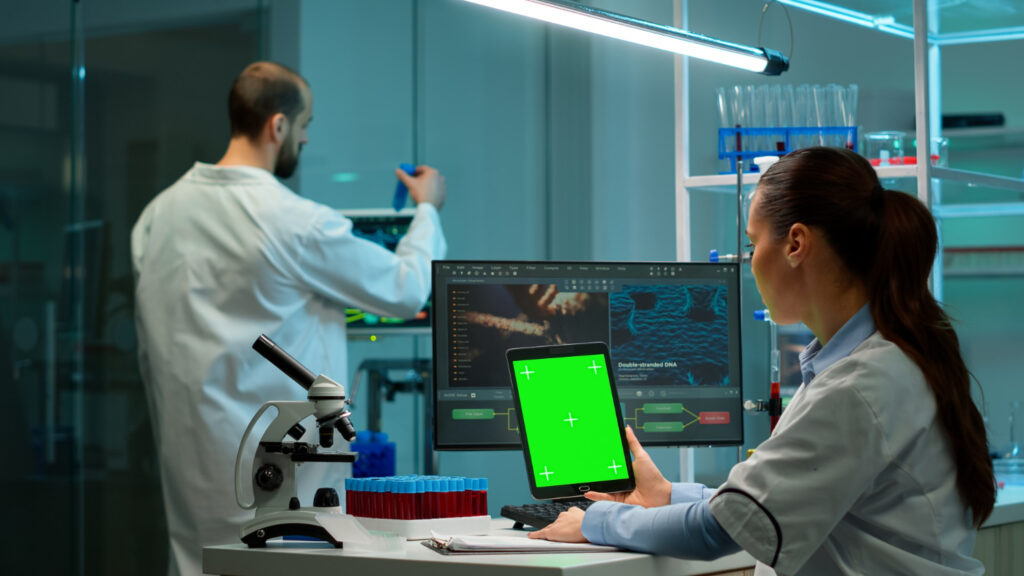In the current work environment, Esteeming the safety and productivity of employees and the public is necessary. This Blog reviews both Department of Transportation (DOT) and non-Department of Transportation (non-DOT) drug testing programs, emphasizing clear peculiarities of each and the integral part executed by Medical Review Officers (MROs).
What is drug testing?
Drug testing are performed to assess whether the drug metabolites are present in a biological fluid such as urine, or blood. It can be performed in a variety of processes. Drug testing is important in clinical settings because it measures medication adherence and identifies drug use that might not be detected during clinical examination.

How are these tests performed?
Drug testing is a step procedure:
- Screening test: biological samples are withdrawn to detect the drug
- Confirmatory test: If the patient denies the results of the screening test, then more accurate and detailed testing is performed.
What is DOT drug testing?
DOT drug tests are performed for 5 types of drugs which are conducted to ensure the safety of employees, before employment and throughout employment. Federal regulation executes the DOT testing program, overseen by the US Department of Transportation (DOT) including the US Railway Agency, US Airlines Agency, and US Ocean agencies.
What is non-DOT testing?
This type of drug screening is usually performed in a workplace that Is not regulated by the Department of Transportation. The main goal of this screening is to prevent the abrupt use of drugs. Majorly this screening is done by the organisations to keep their place safe without following any federal rules and regulations.
Difference Between Dot Drug testing & Non-Dot Drug testing.
- Non-DOT and DOT both are used for drug testing. But both are not similar.
- Non-DOT drug testing follows State laws Whereas, DOT drug testing requires to follow every federal rule.
- Non-DOT drug testing can be performed for a single drug/alcohol screening whereas, DOT is a 5-pannel tool.
- Non-DOT drug testing includes hair follicle, saliva, urine, etc. samples, Whereas, DOT screening only includes Urine samples.
How medical review officer review the DOT drug testing?
Medical review officer is an accredited medical practitioner who is certified and trained to review the lab results and confirm whether the test is positive. MRO receives the confirmed laboratory data of urine drug tests to determine if a laboratory-confirmed finding has a justifiable medical reason, and then confidentially reports to the employee.
Conclusion –
Drug testing is necessary in modern work environments to ensure employee productivity, safety, and obedience to guidelines. Drug examinations are available in forms, including DOT and non-DOT testing. Doctors who help in drug testing are known as Medical Review Officers. Employers can ensure that drug testing is done appropriately by being informed of these various testing methods and getting NTA expert help. This makes it easy for everyone to feel secure and operate at their absolute best at work.

